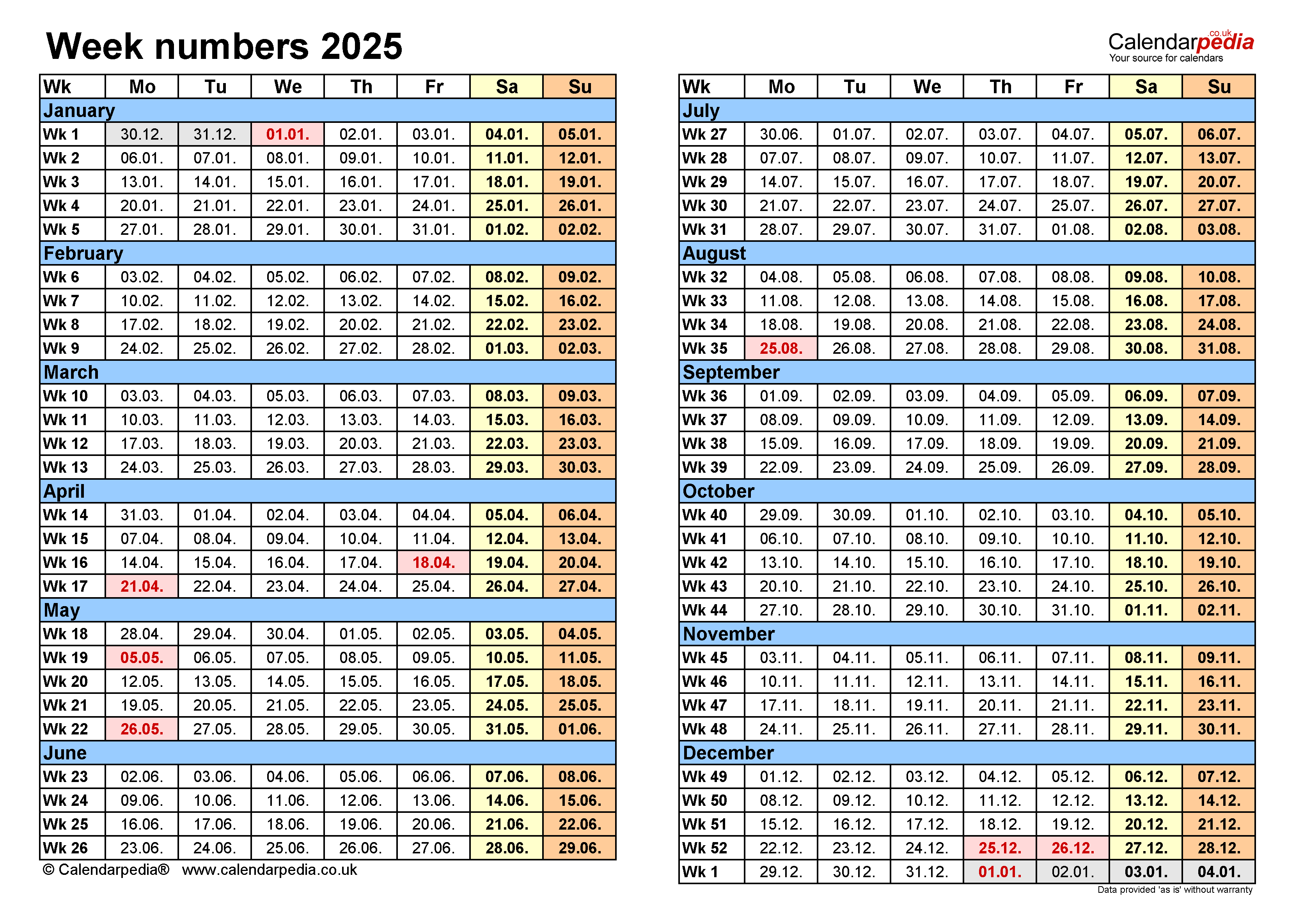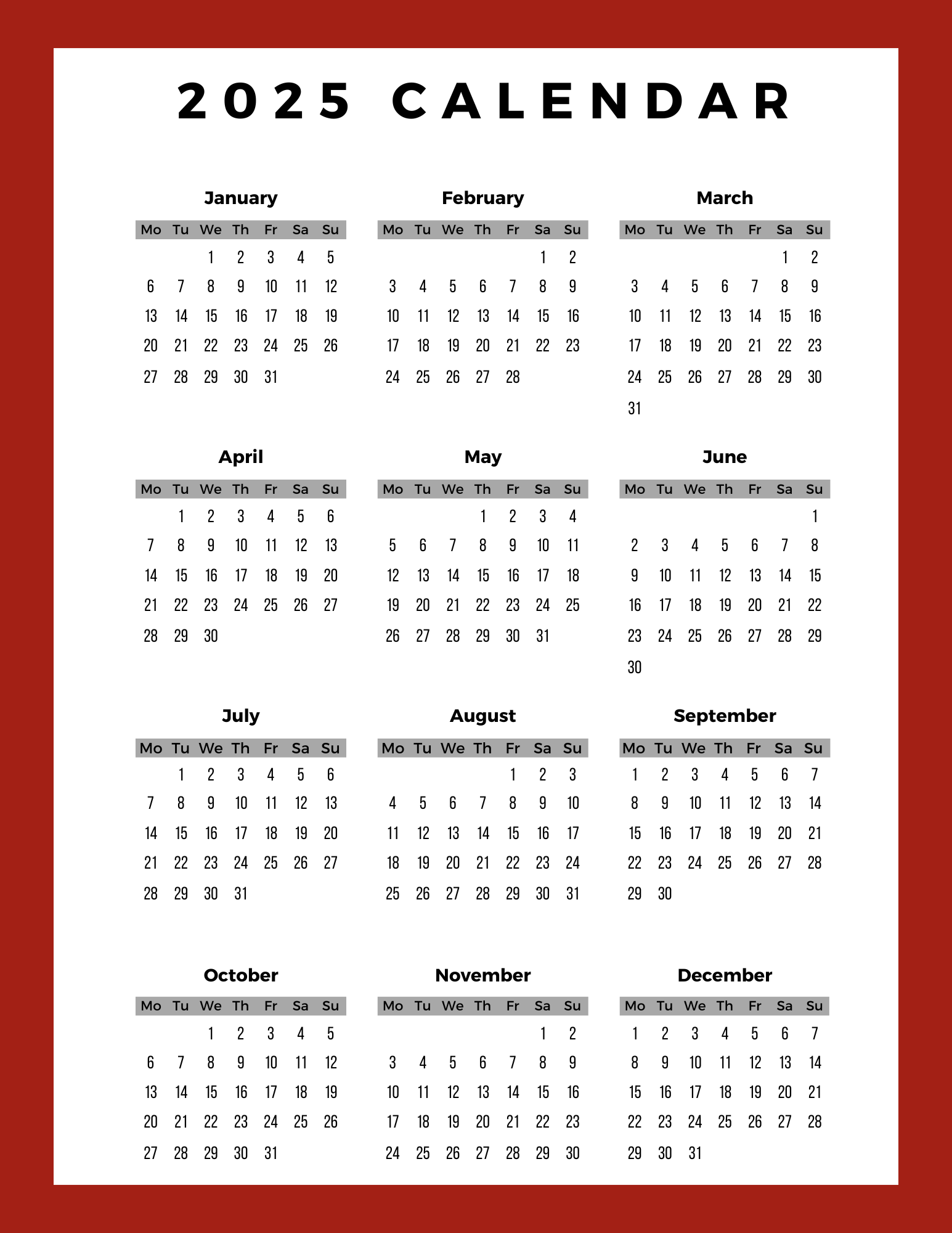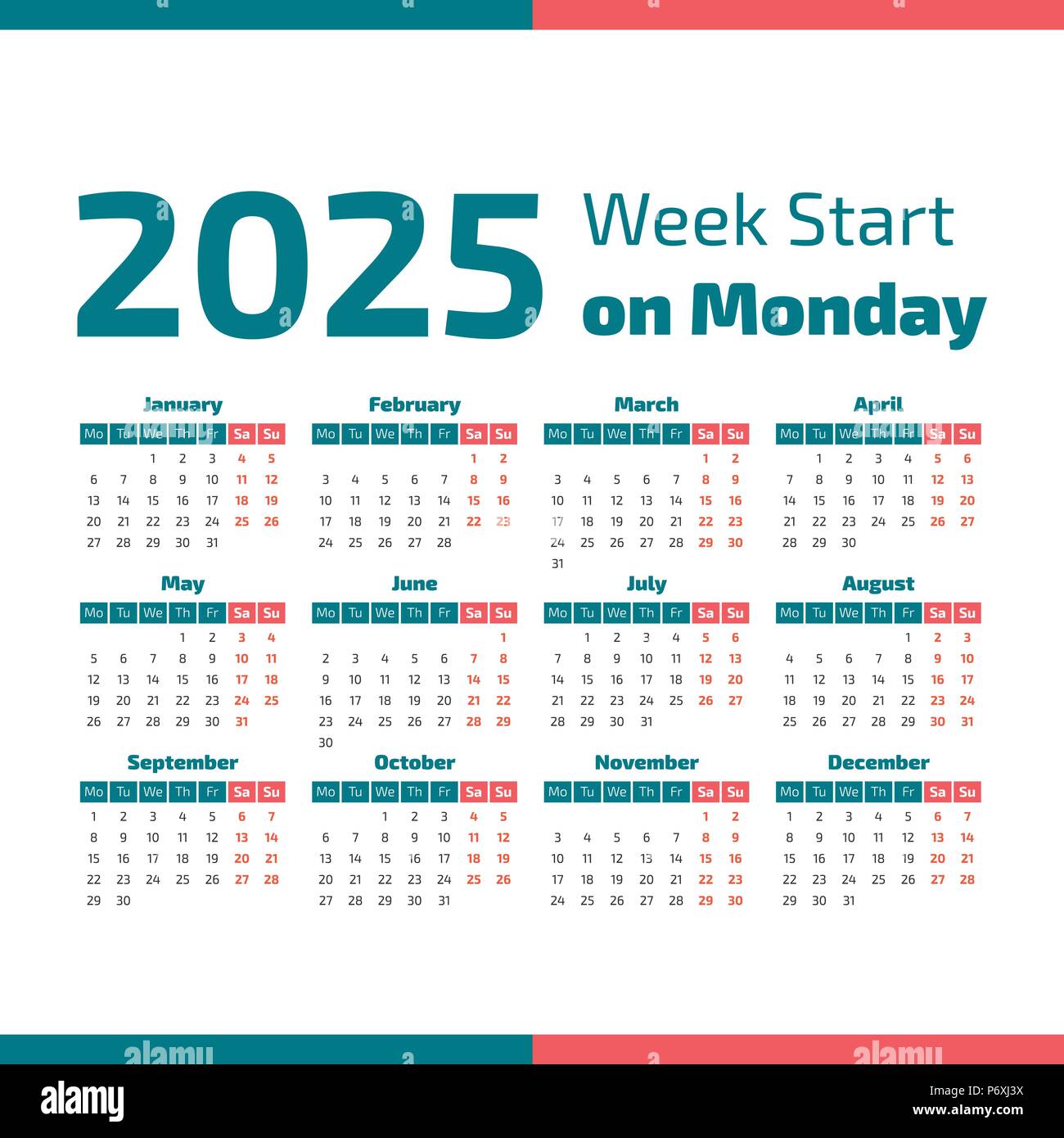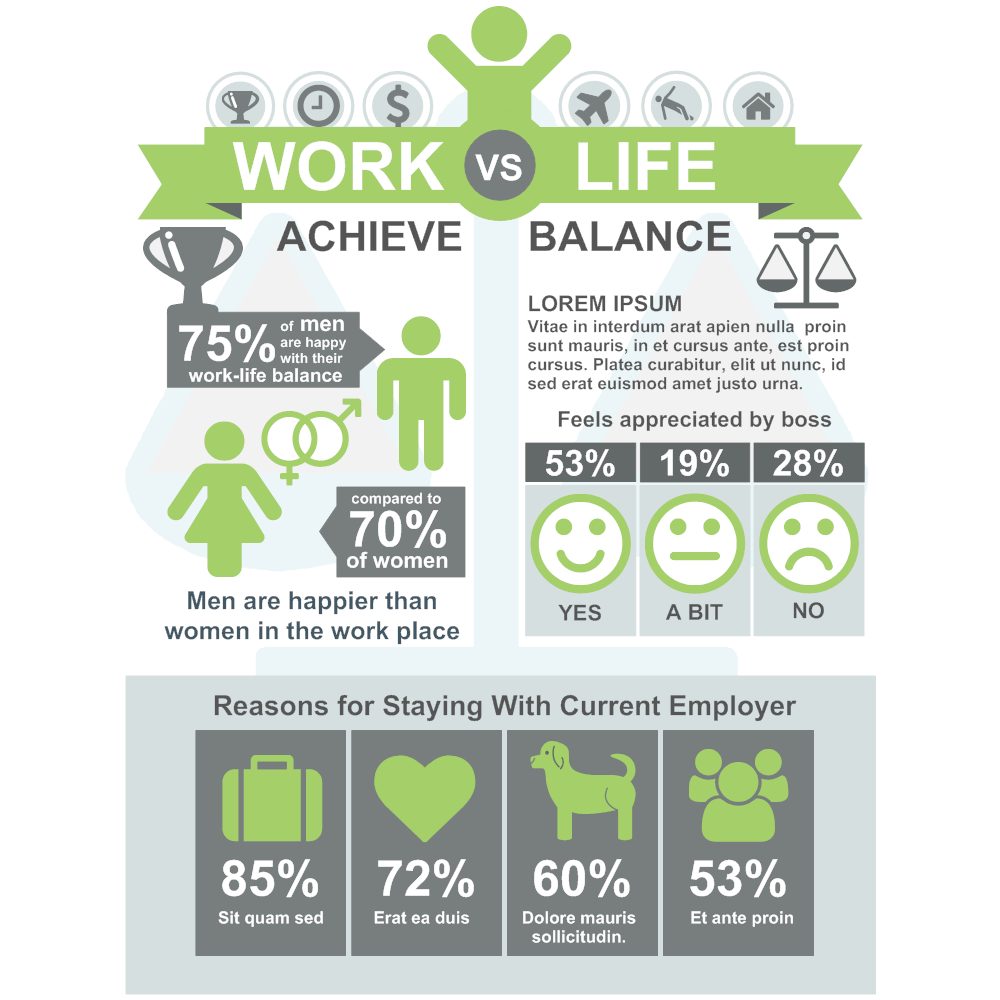2025 Work Week Calendar: Optimizing Productivity and Work-Life Balance
Related Articles: 2025 Work Week Calendar: Optimizing Productivity and Work-Life Balance
- October, November, December 2025 Calendar: A Comprehensive Guide
- January 2025 Calendar Singapore: A Comprehensive Guide
- Ramadan Calendar 2025 UK: A Comprehensive Guide
- February 2025 Orthodox Calendar
- November And December 2025 Calendar: A Comprehensive Guide
Introduction
With great pleasure, we will explore the intriguing topic related to 2025 Work Week Calendar: Optimizing Productivity and Work-Life Balance. Let’s weave interesting information and offer fresh perspectives to the readers.
Table of Content
Video about 2025 Work Week Calendar: Optimizing Productivity and Work-Life Balance
2025 Work Week Calendar: Optimizing Productivity and Work-Life Balance

Introduction
In the ever-evolving landscape of modern work, optimizing productivity and maintaining a healthy work-life balance are paramount. The traditional five-day work week, with its rigid schedule and limited flexibility, has come under scrutiny as organizations and employees alike seek more efficient and fulfilling work arrangements. Enter the 2025 work week calendar, a revolutionary concept that redefines the traditional work schedule, promising enhanced productivity, improved employee well-being, and a better integration of work and personal life.
The 2025 Work Week Model
The 2025 work week model is a flexible work schedule that consists of four 10-hour workdays, followed by a three-day weekend. This arrangement offers several key advantages over the traditional five-day work week:
-
Increased Productivity: Studies have shown that employees tend to be more productive during the first four hours of their workday. By extending the workday to 10 hours, the 2025 work week model capitalizes on this period of peak productivity, allowing employees to accomplish more within a shorter timeframe.
-
Improved Employee Well-being: The three-day weekend provides employees with ample time to rest, recharge, and pursue personal interests. This extended break can significantly reduce stress levels, improve sleep quality, and enhance overall employee well-being.
-
Better Work-Life Integration: The 2025 work week model allows employees to allocate more time to non-work activities, such as spending time with family, pursuing hobbies, or engaging in community service. This improved work-life balance can lead to increased job satisfaction and reduced burnout.
Benefits of the 2025 Work Week
The benefits of implementing the 2025 work week model extend beyond individual employees to the organization as a whole:
-
Reduced Absenteeism and Turnover: Improved employee well-being and work-life balance can lead to reduced absenteeism and turnover rates. Employees who feel valued and supported are more likely to stay with their organizations.
-
Increased Employee Engagement: The flexibility and autonomy offered by the 2025 work week model can increase employee engagement and motivation. Employees who have more control over their schedules are more likely to be invested in their work and the organization’s success.
-
Enhanced Collaboration and Innovation: The extended weekend provides employees with opportunities to engage in informal networking, professional development, and creative thinking. This can foster collaboration, innovation, and the exchange of ideas.
Challenges and Considerations
While the 2025 work week model offers numerous benefits, there are also some challenges and considerations to keep in mind:
-
Cultural Resistance: Changing long-standing work schedules can encounter resistance from employees and organizations accustomed to traditional norms.
-
Overtime Concerns: Extending the workday to 10 hours could potentially lead to overtime pay issues if not carefully managed.
-
Technological Infrastructure: Organizations may need to invest in technological infrastructure to support remote work and flexible schedules.
Implementation Strategies
Successful implementation of the 2025 work week model requires careful planning and stakeholder engagement:
-
Pilot Programs: Organizations can start by implementing the model in pilot programs with select teams to assess its effectiveness and gather feedback.
-
Phased Approach: A gradual transition to the 2025 work week model can help minimize disruption and allow for necessary adjustments.
-
Employee Communication: Clear and ongoing communication with employees is crucial to ensure understanding and buy-in.
-
Performance Monitoring: Regular performance monitoring and feedback are essential to ensure that productivity and quality standards are maintained.
Conclusion
The 2025 work week calendar is a transformative approach to work scheduling that offers numerous benefits for both employees and organizations. By embracing flexibility, promoting well-being, and enhancing work-life integration, the 2025 work week model has the potential to revolutionize the modern workplace and create a more productive, fulfilling, and sustainable work environment. As organizations and employees continue to navigate the changing landscape of work, the 2025 work week model stands as a promising solution for optimizing productivity, improving employee well-being, and redefining the relationship between work and personal life.



![Top Tips to Achieve Work Life Balance [INFOGRAPHIC] - Learnist.org](http://www.learnist.org/wp-content/uploads/2014/05/WORK-LIFE-BALANCE.jpg)




Closure
Thus, we hope this article has provided valuable insights into 2025 Work Week Calendar: Optimizing Productivity and Work-Life Balance. We appreciate your attention to our article. See you in our next article!